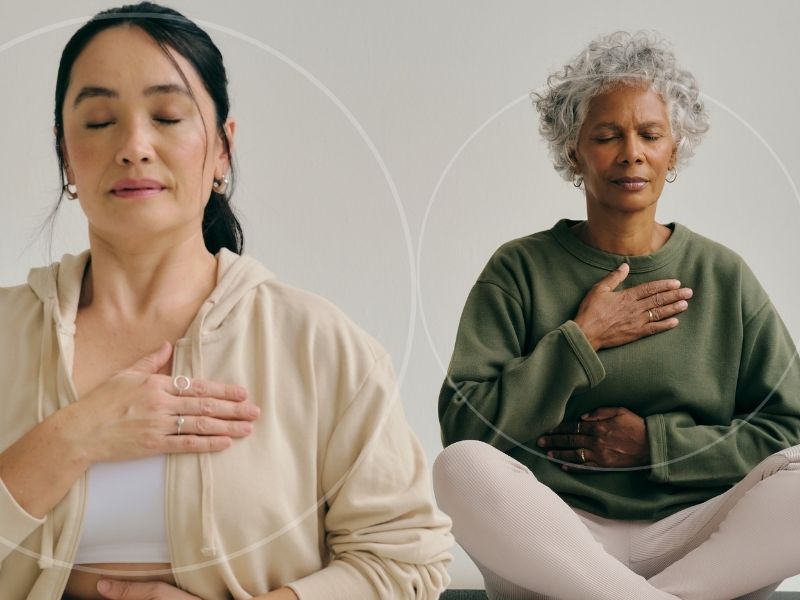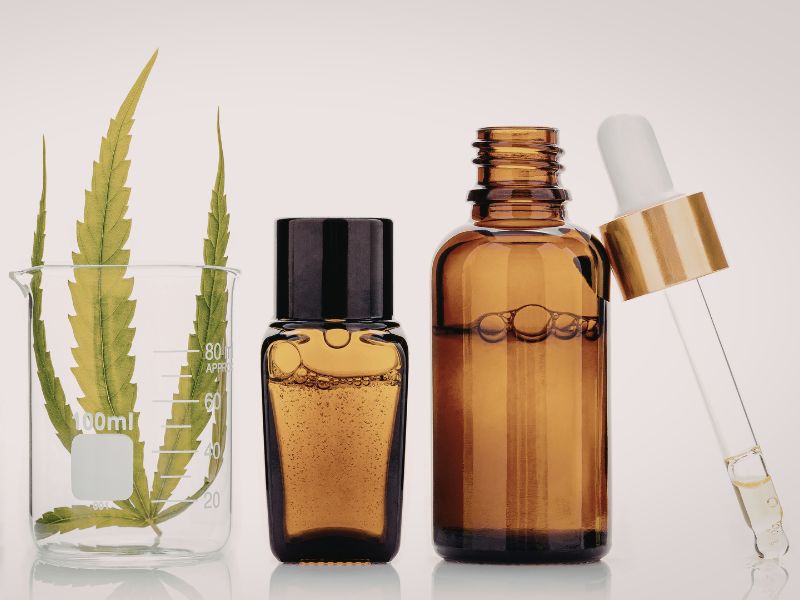This past May, I was invited to speak at the Asian Aroma Ingredients Congress & Expo on the beautiful Indonesian island of Bali. This biannual conference brings together producers, processors, exporters, scientists, and educators (like me!) to discuss essential oils, essential oil products, and the future of the industry. At this conference there were more than 300 participants from 17 countries!
My lecture, “U.S. Trends in Aromatherapy,” focused on an overview of the use of Indonesian/Asian essential oils in the aromatherapy market in the U.S. To collect my data, I surveyed key communicators within the U.S. aromatherapy industry, including members of the Alliance of International Aromatherapists, National Association of Holistic Aromatherapy, and Registered Aromatherapists with the Aromatherapy Registration Council.
The results of the survey were interesting and confirmed my feeling that U.S. Aromatherapists have a high awareness of important factors that influence therapeutic viability of oils, such as organic production. What the research also revealed was the Indonesian essential oil industry can have a significant impact on the professional clinical and retail aromatherapy markets in the U.S. if there is marketing and educational outreach focusing on new and emerging oils. I was delighted to learn that organic patchouli (Pogostemon cablin) is the Indonesian essential oil with the highest retail sales in the U.S. I love the warm, spicy aroma that lingers as patchouli fades out, but I know not everyone feels the same: particularly if you are a baby boomer like me. Truthfully, I had expected the most commonly used Indonesian oil to be clove (Syzygium aromaticum) bud.
You can read more about the trends in Indonesian essential oil use in my white paper.
For those of you who have been to Bali, you already know it is a beautiful island, rich in culture, lush color, and very warm people. It is a part of Indonesia, a country with a long tradition of herbal medicine use. This traditional plant heritage struck me from day one. You don’t see street vendors offering herbal medicines here in the States, and you’re not likely to get a recommendation from the locals to use cajeput (Melaleuca leucadendron) essential oil with insect bites either.
In Indonesia, the ancient art of herbal healing is part of the everyday culture. It’s called Jamu, which promotes inner and outer health and beauty through the use of herbal powders, ointments, lotions, massage, and ancient folklore[1]. A dose of Bali belly provided a great opportunity to experiment with the locals’ recommendations, which included rubbing my belly with neat cajeput oil and ingesting one drop of patchouli oil. I did both and within 24 hours was feeling almost back to normal.
I guess what struck me most was the easy coexistence of the two approaches: Western medicine and traditional herbal medicine being used hand in hand with encouragement, cooperation, and assistance from the Indonesian government. Health and healing accessible to all was clearly the focus. Now back in the States, this is a powerful reminder and motivator for me to keep doing what we do here at ACHS: provide research- based accredited programs empowering student success in the holistic health and wellness arena. Experiencing Jamu showed me how much can be achieved when all sectors of the healthcare industry cooperate towards a common goal. And whether or not you have the opportunity to travel to Bali yourself, Jamu shows us all that health and wellness is a cultural and a community affair, and that we have the knowledge, the tools, the herbs at our fingertips. So, spread the education and wellness!
If you’re interested in learning more about Jamu, I’m putting together an Indonesian aroma study tour for 2013, including a tour of botanical gardens and distilleries, day trips to remote villages to learn about local, green medicine, and several cultural landmarks. I hope you can make the trip with me! I’ll have more detailed information posted to the ACHS website soon (www.achs.edu). In the meantime, feel free to email me at [email protected].
[1] For more information, I recommend the book Jamu: The Ancient Indonesian Art of Herbal Healing by Susan-Jane Beers. It is available through Amazon.




